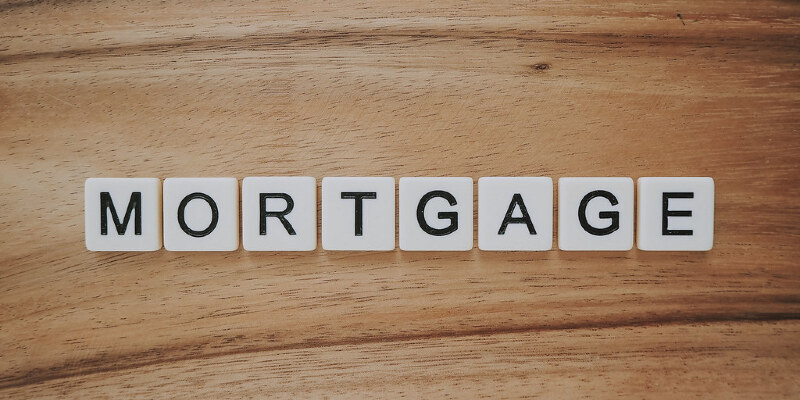Does Buying a House Improve Your Credit Score?

Lenders examine your credit history when determining whether you qualify for a home loan. If approved, your credit history and credit score play a significant part in the interest rate your lender will provide you with. Once you close on the loan and start making mortgage payments, your lender will report the new loan to the credit reporting agencies and it’ll show up on your credit report–influencing your credit rating.
Facts
The Fair Isaac Corp. calculates FICO scores, which would be the standard credit scores used in the lending market. According to Fair Isaac, the kinds of credit you use account for 10 percent of your credit score. A home mortgage, like student loans and automobile loans, is an installment debt. You will need a proper balance of installment debt and consolidating debt, such as credit card balances, to construct the best credit score potential. Thus, if you take a lot of credit cards however have few, if any, loans, your credit score will benefit considerably from a home mortgage.
Significance
While the kinds of debt you take possess a 10 percent influence on your fico scores, making routine payments includes a 35 percentage impact–making your repayment history the one most significant factor influencing your credit rating. Provided you make every mortgage payment on time, your credit score will slowly grow. Many lenders offer automatic bank drafts for borrowers to help them prevent forgetting a mortgage payment and incurring credit harm consequently.
Characteristics
While purchasing a home can aid your own credit improve more than it may originally have a negative effect on your score. Whenever your mortgage lender checks your credit, it leaves a”credit inquiry” on your credit report. Although all credit inquiries obtained inside a 30-day interval count as a single inquiry, each credit inquiry dings your credit score for five to seven factors. If your mortgage lender pulls your credit history a second time before closing on the loan and over 30 days have passed since its last query, your credit score may drop up to 14 points.
Effects
Provided a change in circumstances doesn’t cost you your home, you may expect to eventually pay back the mortgage. Whether you stay in the home for the whole period of the loan term or sell the home, the simple fact that you just paid off a big debt will appear on your credit report. The paid-off mortgage will stay inside your credit history for seven years and demonstrate to future lenders that you can be trusted to pay your debts responsibly.
Factors
Although lenders and lenders will look positively upon your standing as a homeowner, your monthly mortgage payment is a liability until you pay back the loan in full. When you apply for a new loan, your lender will evaluate your monthly payments for your income when determining whether you can afford your payments. Regardless of how high your credit score is, a pricey mortgage payment may harm you if it impedes your ability to qualify for other loans.